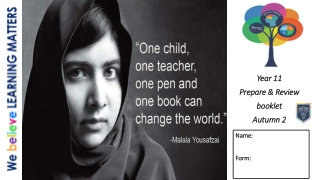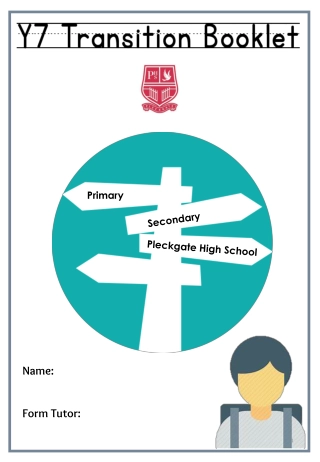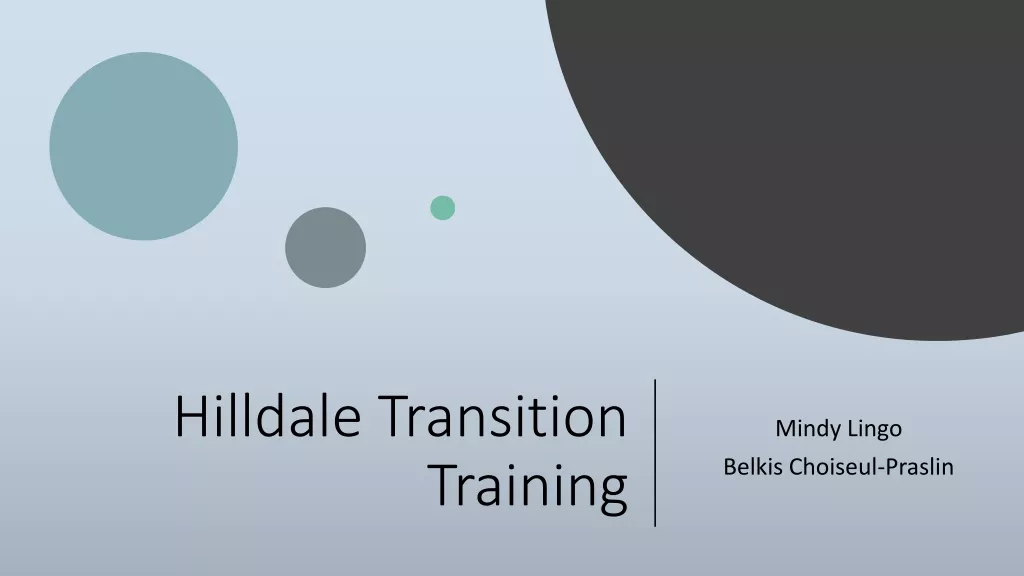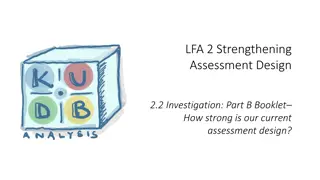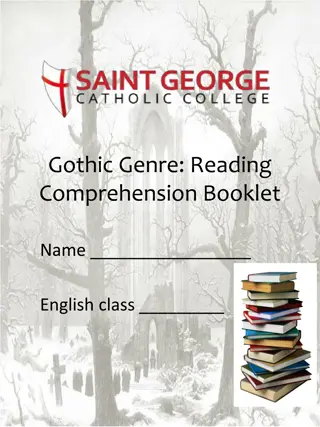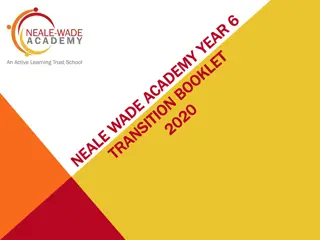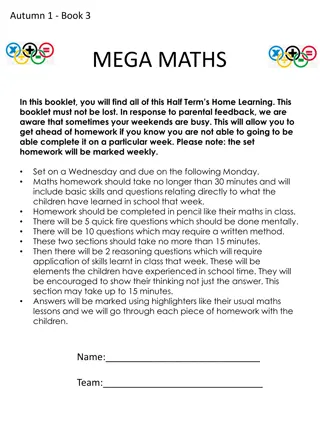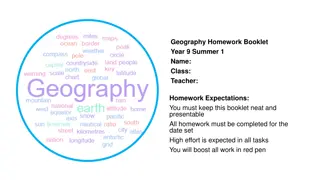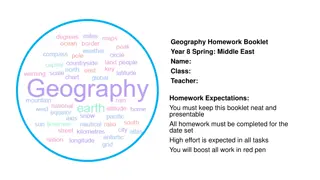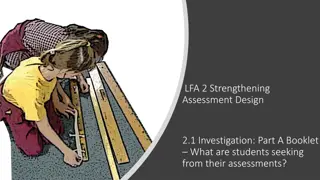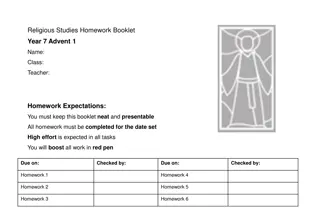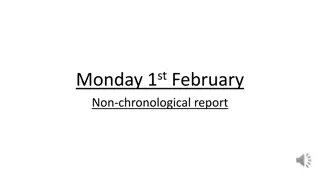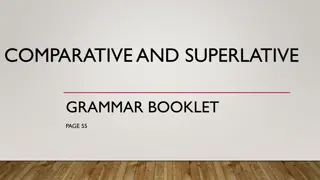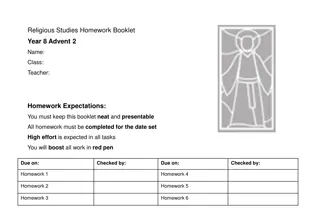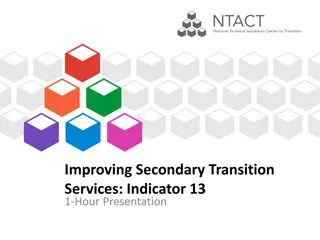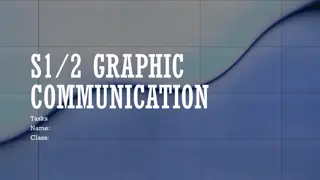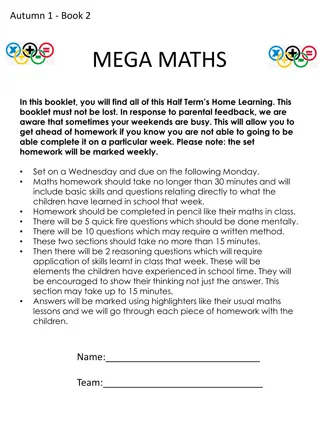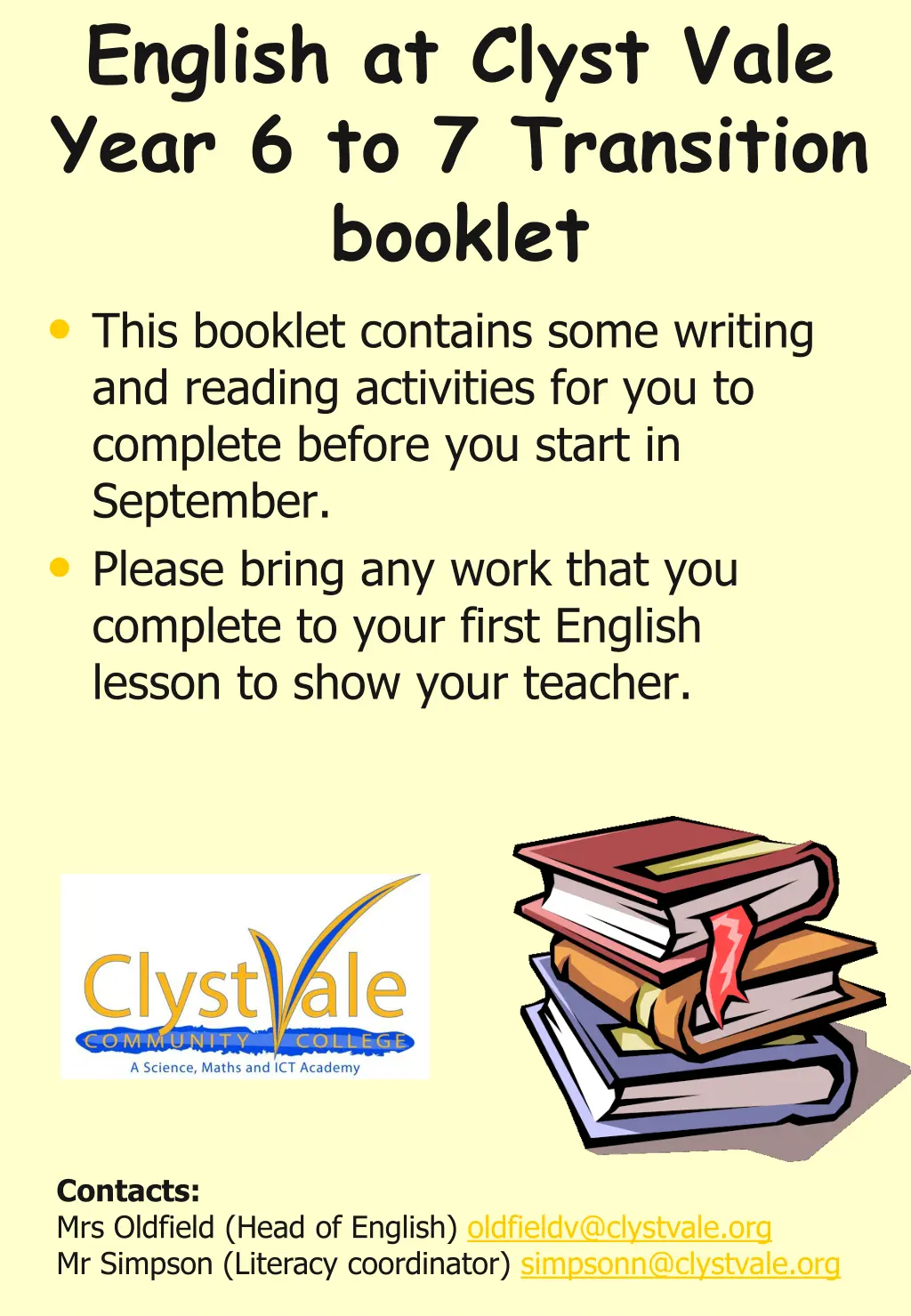
My Perfect World Writing Challenge
Explore the concept of a perfect world through writing activities presented in the English transition booklet for students moving from Year 6 to Year 7 at Clyst Vale. Consider utopia, dystopia, and personal ideal worlds, culminating in a writing task to depict your perfect world to share with your English teacher. Enhance your reading skills with a comprehension task based on "The Fun They Had" by Isaac Asimov.
Download Presentation

Please find below an Image/Link to download the presentation.
The content on the website is provided AS IS for your information and personal use only. It may not be sold, licensed, or shared on other websites without obtaining consent from the author. If you encounter any issues during the download, it is possible that the publisher has removed the file from their server.
You are allowed to download the files provided on this website for personal or commercial use, subject to the condition that they are used lawfully. All files are the property of their respective owners.
The content on the website is provided AS IS for your information and personal use only. It may not be sold, licensed, or shared on other websites without obtaining consent from the author.
E N D
Presentation Transcript
English at Clyst Vale Year 6 to 7 Transition booklet This booklet contains some writing and reading activities for you to complete before you start in September. Please bring any work that you complete to your first English lesson to show your teacher. Contacts: Mrs Oldfield (Head of English) oldfieldv@clystvale.org Mr Simpson (Literacy coordinator) simpsonn@clystvale.org
Your Perfect World writing challenge Think: What is your idea of a perfect world? Key words to investigate: UTOPIA: an imaginary state of things where everything is perfect DYSTOPIA: a society where everything is the opposite of Utopia and the conditions of life are extremely bad.
Your idea of a perfect world will change depending upon who you are and what you like. What do you think is Shrek s ideal world? shrek What about ants?
How about a vision of the world in the future? How can your favourite things be merged into your perfect world? What are the things that you do NOT want to see in your world?
What is your idea of a perfect world? Who would be there? What would be there? What would the environment* be like? What laws would be in place? What activities would be done? *
Your task: Do a piece of writing about your perfect world to show your English teacher when you start Clyst Vale. Title: My Perfect World Paragraph 1: In my perfect world there would be... (What would you want to find in your perfect world? What type of animals? What people would you like to live in your perfect world?) Paragraph 2: The weather in my perfect world would be... (What type of weather would you have in your perfect world?) Paragraph 3: In my perfect world people would... (What activities could people take part in?) Paragraph 4: My perfect world would look... (What would your world look like? Colours? Environment?) Paragraph 5: You can use this paragraph to write about any other ideas you have for your perfect world.
Reading & comprehension task As well as writing, your reading skills are something that you will continue to develop at secondary school. Your understanding of a text is sometimes tested by answering comprehension questions. Your task: Read The Fun They Had by Isaac Asimov and answer the questions at the end. Tip: Write your answers in full sentences.
The Fun They Had by Isaac Asimov Margie even wrote about it that night in her diary. On the page headed May 17, 2157, she wrote, "Today, Tommy found a real book!" It was a very old book. Margie's grandfather once said that when he was a little boy his grandfather told him that there was a time when all stories were printed on paper. They turned the pages, which were yellow and crinkly, and it was awfully funny to read words that stood still instead of moving the way they were supposed to--on a screen, you know. And then, when they turned back to the page before, it had the same words on it that it had had when they read it the first time. "Gee," said Tommy, "what a waste. When you're through with the book, you just throw it away, I guess. Our television screen must have had a million books on it and it's good for plenty more. I wouldn't throw it away." "Same with mine," said Margie. She was eleven and hadn't seen as many telebooks as Tommy had. He was thirteen. She said, "Where did you find it?" "In my house." He pointed without looking, because he was busy reading. "In the attic." "What's it about?" "School." Margie was scornful. "School? What's there to write about school? I hate school." Margie always hated school, but now she hated it more than ever. The mechanical teacher had been giving her test after test in geography and she had been doing worse and worse until her mother had shaken her head sorrowfully and sent for the County Inspector. He was a round little man with a red face and a whole box of tools with dials and wires. He smiled at Margie and gave her an apple, then took the teacher apart. Margie had hoped he wouldn't know how to put it together again, but he knew how all right, and, after an hour or so, there it was again, large and black and ugly, with a big screen on which all the lessons were shown and the questions were asked. That wasn't so bad. The part Margie hated most was the slot where she had to put homework and test papers. She always had to write them out in a punch code they made her learn when she was six years old, and the mechanical teacher calculated the mark in no time. The Inspector had smiled after he was finished and patted Margie's head. He said to her mother, "It's not the little girl's fault, Mrs. Jones.
I think the geography sector was geared a little too quick. Those things happen sometimes. I've slowed it up to an average ten-year level. Actually, the over-all pattern of her progress is quite satisfactory." And he patted Margie's head again. Margie was disappointed. She had been hoping they would take the teacher away altogether. They had once taken Tommy's teacher away for nearly a month because the history sector had blanked out completely. So she said to Tommy, "Why would anyone write about school?" Tommy looked at her with very superior eyes. "Because it's not our kind of school, stupid. This is the old kind of school that they had hundreds and hundreds of years ago." He added loftily, pronouncing the word carefully, "Centuries ago." Margie was hurt. "Well, I don't know what kind of school they had all that time ago." She read the book over his shoulder for a while, then said, "Anyway, they had a teacher." "Sure they had a teacher, but it wasn't a regular teacher. It was a man." "A man? How could a man be a teacher?" "Well, he just told the boys and girls things and gave them homework and asked them questions." "A man isn't smart enough." "Sure he is. My father knows as much as my teacher." "He can't. A man can't know as much as a teacher." "He knows almost as much, I betcha." Margie wasn't prepared to dispute that. She said, "1 wouldn't want a strange man in my house to teach me." Tommy screamed with laughter. "You don't know much, Margie. The teachers didn't live in the house. They had a special building and all the kids went there." "And all the kids learned the same thing?" "Sure, if they were the same age." "But my mother says a teacher has to be adjusted to fit the mind of each boy and girl it teaches and that each kid has to be taught differently." "Just the same they didn't do it that way then. If you don't like it, you don't have to read the book." "I didn't say I didn't like it," Margie said quickly. She wanted to read about those funny schools. They weren't even half-finished when Margie's mother called, "Margie! School!" Margie looked up. "Not yet, Mamma."
"Maybe," he said nonchalantly. He walked away whistling, the dusty old book tucked beneath his arm. Margie went into the schoolroom. It was right next to her bedroom, and the mechanical teacher was on and waiting for her. It was always on at the same time every day except Saturday and Sunday, because her mother said little girls learned better if they learned at regular hours. The screen was lit up, and it said: "Today's arithmetic lesson is on the addition of proper fractions. Please insert yesterday's homework in the proper slot." Margie did so with a sigh. She was thinking about the old schools they had when her grandfather's grandfather was a little boy. All the kids from the whole neighbourhood came, laughing and shouting in the schoolyard, sitting together in the schoolroom, going home together at the end of the day. They learned the same things, so they could help one another on the homework and talk about it. And the teachers were people... The mechanical teacher was flashing on the screen: "When we add the fractions 1/2 and 1/4..." Margie was thinking about how the kids must have loved it in the old days. She was thinking about the fun they had.
The Fun They Had comprehension questions 1. To the nearest 10 years, when is the story set? 2. How old is Margie? 3. What does Tommy find in the attic? 4. How do children in the story usually read? 5. Who comes to fix Margie s mechanical teacher? 6. What was wrong with it? 7. What can t Margie believe about teachers in the old days ? 8. Why can t she believe this? 9. When Margie has finished her Maths homework what does she have to do with it? 10. What does Margie think about school in the old days ? Extra mile task: Which school do you prefer, yours or the one in the story? Write three sentences explaining your point of view.
YOUR SUMMER READING CHALLENGE Read books from some of these genres, and keep a journal to show your English teacher at CVCC. Adventure Romance Fantasy Horror Classic War Animals Mystery
My Reading Journal My Reading Journal For every book that you read over the summer holidays, fill in this fact-file: Title: Author: Genre: Other books by the same author: 3 sentence plot-summary: Best bits: Worst bits: I would recommend it to (age/ gender/ interests?) because Star rating /5 or 10:
Suggested summer reads (taken from the Read to Learn recommended reads by genre list). Fantasy/ Adventure: Cherub Series- Robert Muchamore Alex Rider series- Anthony Horowitz Eragon trilogy- Christopher Paolini Maze Runner trilogy- James Dachner A Series of Unfortunate Events- Lemony Snicket The Dark is Rising Sequence- Susan Cooper The Last Wild Trilogy- Piers Torday Harry Potter series- J.K.Rowling His Dark Materials series- Phillip Pullman Horror/ Monsters and Ghosts: Cirque du Freak- Darren Shan Horowitz Horror short stories- Anthony Horowitz Abomination- Robert Swindells Goosebumps series- R.L.Stein Crime/ Detective/ Mystery: Lockwood and Co- Jonathan Stroud Young Sherlock series- Charlie Higson Skulduggery Pleasant series- Derek Landy Animal stories: Shadow- Michael Morpurgo One Dollar Horse Trilogy- Lauren St John A Street Cat Named Bob- James Bowen Mrs Frisby and the Rats of Nimh- Robert.C.O Brien Sport: Rugby Academy- Tom Palmer Football Academy- Tom Palmer Classics: Boy/ Flying Solo- Roald Dahl The Hobbit- J.R.R.Tolkein The Jungle Book- Rudyard Kipling

